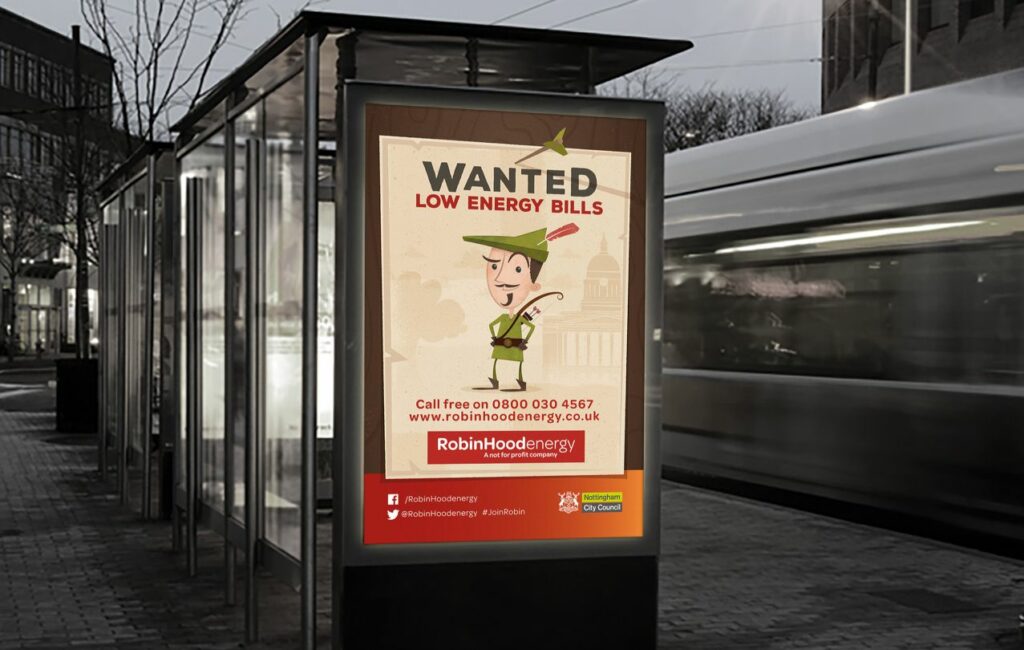Robin Hood Energy confirmed this week that it lost £23.1 million in the year April 2018 to March 2019.
The struggling council-owned energy supplier posted a turnover of £97.9 million during this period, and supplied 220,000 meter points.
The loss has grown exponentially from the previous 2017-2018 period, when it posted a loss of £1.6 million. The resultant loss in net liabilities have therefore increased to £28,025,000 (2018 – £4,950,000). Similarly cash balances have increased by £1,192,000 to £3,706,000.
Robin Hood Energy has said that it was a difficult period for the retail market more broadly, highlighting that a large number of energy suppliers have been impacted. This led to ten energy suppliers going bust, as wholesale energy prices hit a five year high and two energy price caps were brought in.
This, the company said, put significant pressure on all energy suppliers already struggling with the high cost of market participation.
Jeff Whittingham, interim chief executive officer for Robin Hood Energy said that this was clearly “a very disappointing set of results”.
“It was an incredibly difficult year for the energy industry as a whole. We know there will be focus on our financial health locally and we understand this. We’re listening and we need to ensure we’re providing real value back to Nottingham and the people of Nottingham.
“We are working together with Nottingham City Council to address the issues and ensure we put the business back on a firmer financial footing.”
Nottingham City Council is providing a £12.5m facility to help the company manage cashflows over the next 12 months.
The company, which was established in 2015 as the first council-owned, not-for-profit energy company since the UK’s energy supply was nationalised in 1948, had to accept a loan from the council last year as well.
Ofgem ordered Robin Hood Energy to pay outstanding Renewables Obligations fees by the end of October or risk having its licence revoked. Thanks to a loan from Nottingham City Council it was able to meet this payment, although it was openly critical of the regulator.
Since these struggles, the company underwent a management shakeup. Gail Scholes, the former chief executive, and Robert Bains, the former managing director, were both terminated on the 16 December. David Bird, the ex-managing director of E.On UK and ex-CEO of Co-op Energy, Jeff Whittingham, were brought in in an effort to shake-up the energy supplier.
It stated that it is now looking to find further efficiencies in processes, without affecting the customer experience to allow it to rebuild confidence in it as a business and deliver for shareholders. A strategic review of the business was also launched in mid-January and is in the process of appointing a professional services company to support this review.
The company has said that this will consider all of Robin Hood Energy’s options and will be complete by the summer. Within the company’s financial statement it remains positive that changes coming into place will steer it into profitability.
Additionally, the company added that it is taking extra precautions to deal with the COVID-19 pandemic as it is “currently a clear and present issue for all businesses including Robin Hood Energy Limited”.
“The company is managing this risk through twice daily management meetings focusing on how the company continues to supply goods and services to its customers, support vulnerable customers through this period as well as supporting all Robin Hood Energy staff.”






